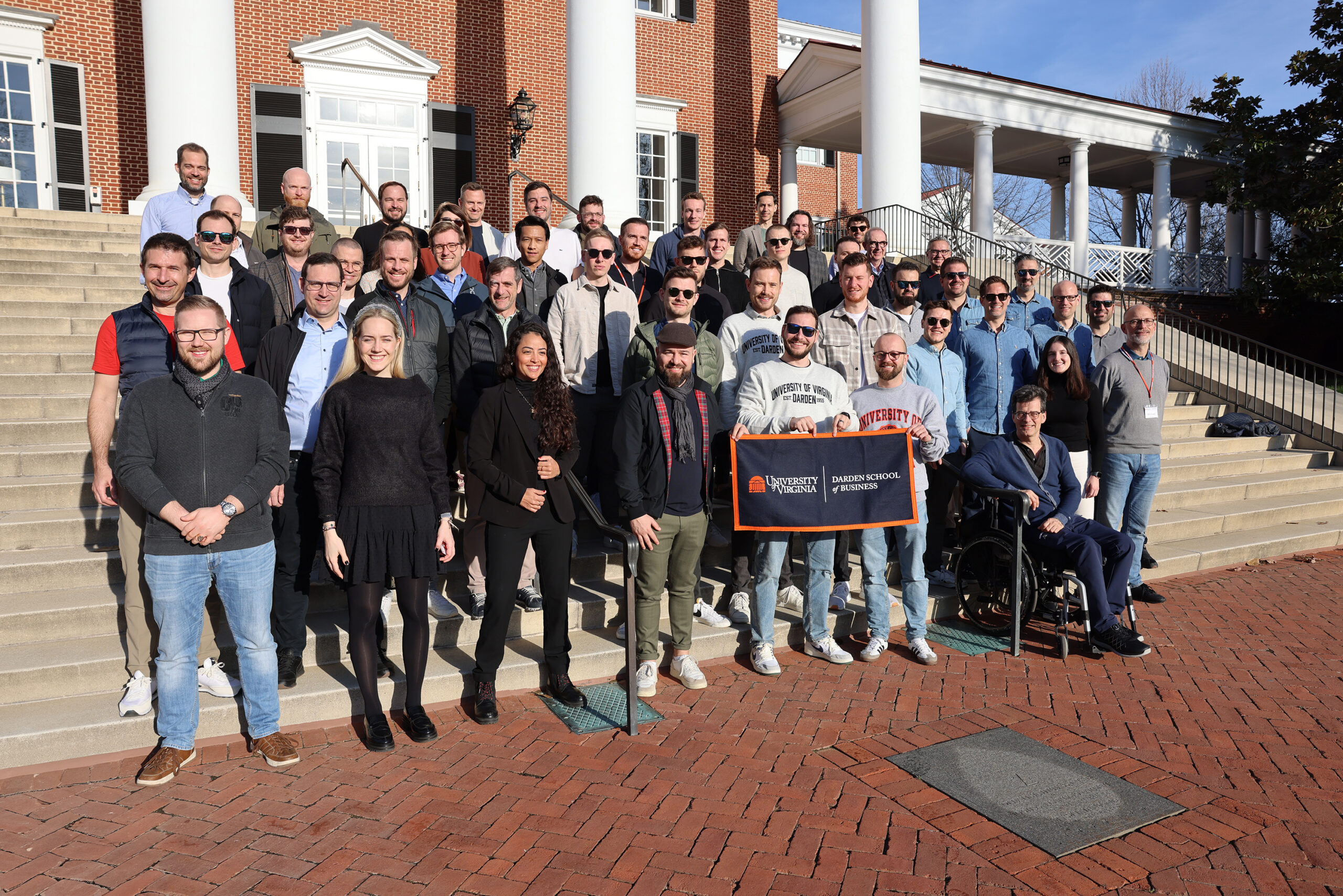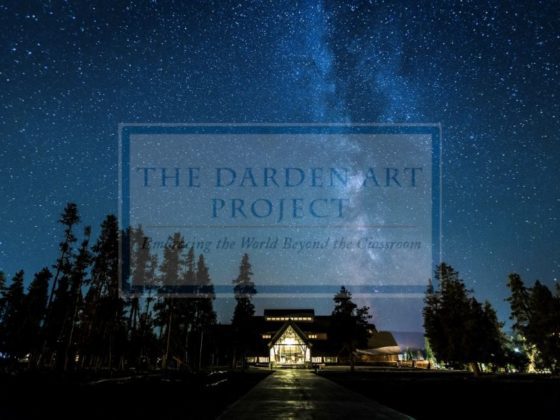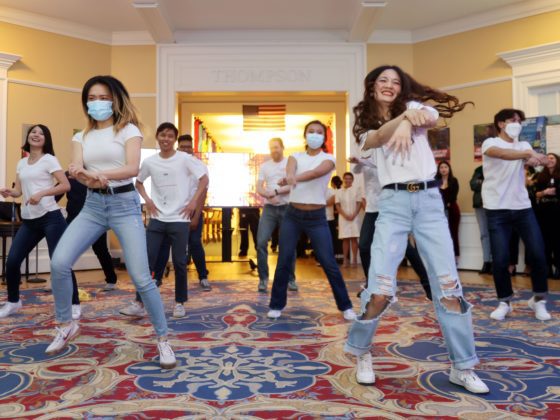by Don Stevenson, Darden Business Publishing
Darden and other prominent business schools aim to develop the global executives of tomorrow. For some, the best way to achieve meaningful results remains an open question.
We believe that the case method is a good start. A well-crafted case can organize experience into a flexible microcosm, allowing a learning community to study a concept with both breadth and depth.
But professionals are often eager to get from micro to cosm.
Consider the words of management consultant and MBA critic Henry Mintzberg[BB1] :
Leadership grows in context, where it gains its most important characteristic: legitimacy… [We need] more of what has been called “distributed leadership,” meaning that the role is fluid, shared by various people in a group according to their capabilities as conditions change… But calling even this “leadership” slights it, because its effectiveness lies not in any individual so much as in the collective social process—essentially in community.[1]
Open to new approaches and with a mind to pedagogical R&D, Darden’s Center for Global Initiatives has considered those words and has been studying the work of John Hunter. An award-winning educator of gifted children in Charlottesville, John has earned acclaim for the World Peace Game, a cooperative simulation in which children routinely achieve the unlikely goal for which it is named. He recently gave a talk at TED 2011: The Rediscovery of Wonder, in Palo Alto, California.
For decades, John has based his teaching on a genuine relationship with each student. Over time, on the foundation of such bonds, he has developed a game that intentionally overwhelms up to 30 students at a time physically, mentally, and emotionally. The relationships provide students with the stability and confidence they need to extend themselves.
In the game, the leaders of five countries and a handful of other entities must respond to an inherited mire of intractable and intertwined situations. Further complicating matters are randomizing events and a player with a secret double life as a saboteur. The state of things is represented by a symbol-laden, four-level game board that dwarfs participants from the center of the play space. Peace is achieved only when all conflicts are resolved. Players typically have seven days.
As facilitator, John models leadership through framing and clarification of issues, comfort with confusion, and deferral of action so that patterns may be allowed to emerge.
But there is also a physical component to his modeling that should not be underappreciated. John’s baritone and bearing convey acceptance and calm consideration, and the presence of the freestanding game board in one’s peripheral vision encourages a whole-body recalibration to the scale of the exercise, a kind of pragmatic parallel embodiment by immersion.
The way John’s simulation encourages the integration of mind and body—and shows ways that the body can inform the mind—holds great promise for all kinds of educational applications, even within global organizations. After all, effective leadership education (effectiveness education, educated effectiveness) results from a continuum of experiences, from the distinct to the messy. Executives are often wisely wary of overgeneralization and immerse themselves in particulars. They understand intuitively that, just as “every unhappy family is unhappy in its own way,” each enterprise must chart its own course.
And it turns out that when complexity spills over into chaos, a purely rational approach is likely to fall short, and only an intuitive, integrative, and creative approach may be able to keep up. So beyond a certain fundamental competence, might immersive simulations help a body prepare for what is impossible to predict?
Armies engage in war games in part because the cost of the real thing makes such preparation a moral imperative. And part of what gives a war veteran legitimacy as a leader is the retention of his or her experiences by the whole of their being, which leads to a veteran’s humility in the face of the unexpected or shocking or unacceptable. They were not able to go on, and then they went on.
When an individual is truly challenged, notions of personal competencies or toolkits become woefully inadequate, because one never knows how one is going to react. But one can grow and learn and develop by a variety of means and then bring one’s whole being to bear on any matter at hand, from washing dishes to world peace. John’s dirty little secret, it turns out, is that peace must be genuine, and it must come from within.
This summer, a group of us at Darden will be observing the World Peace Game under John’s supervision. At some point we hope to play the game ourselves. We have no idea what would happen, but we’ve never been strangers to ambition, and we like the idea of reinstating inner peace in the world of practical affairs.
Check back. We’ll give you a full report.
Don Stevenson is a senior editor with Darden Business Publishing. The views expressed are his own.
[1] Henry Mintzberg, “Community-ship is the answer,” Financial Times, October 23, 2006.




